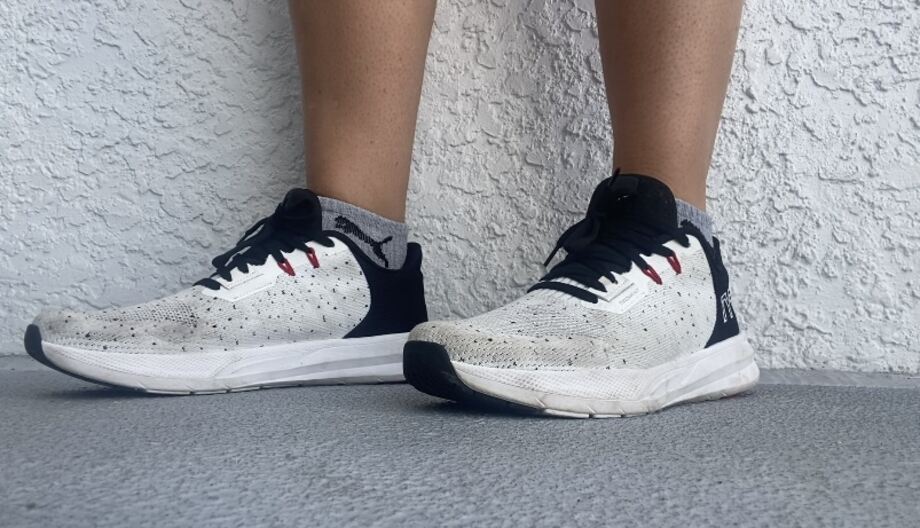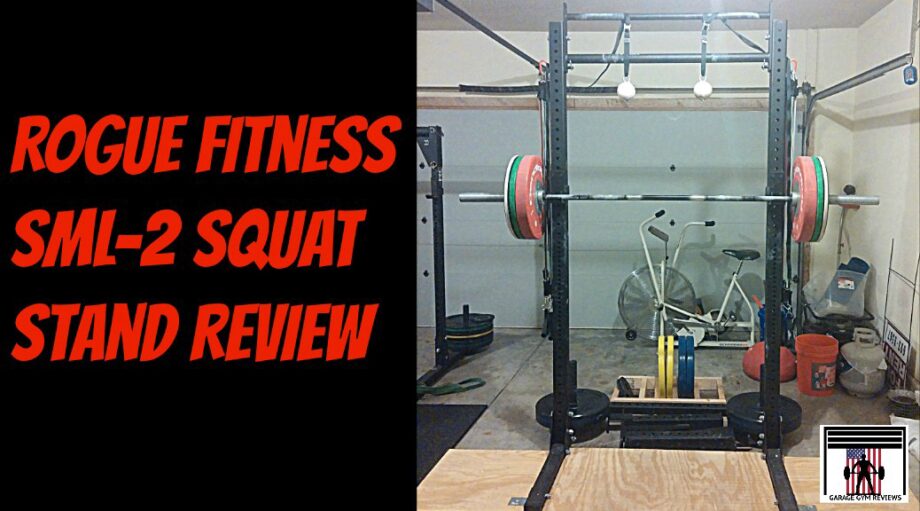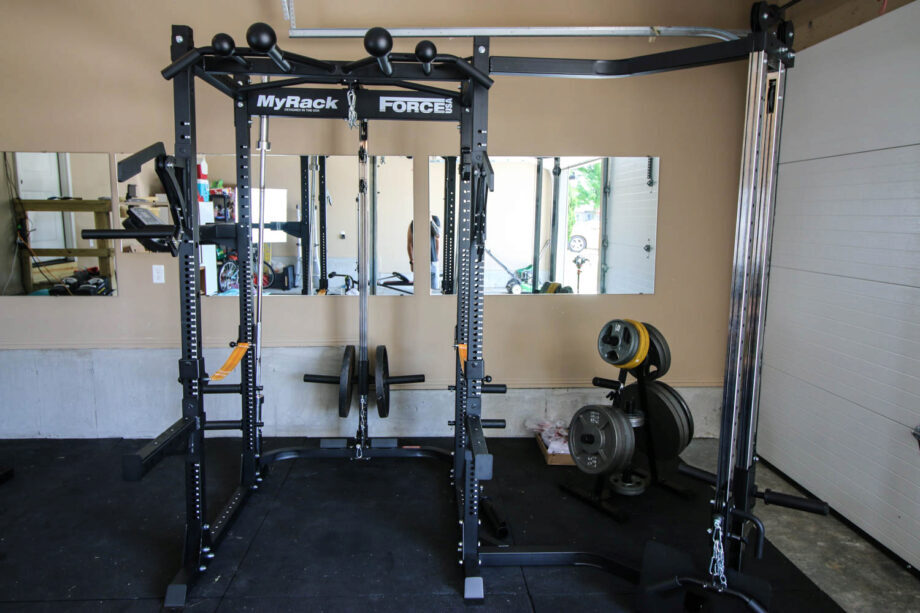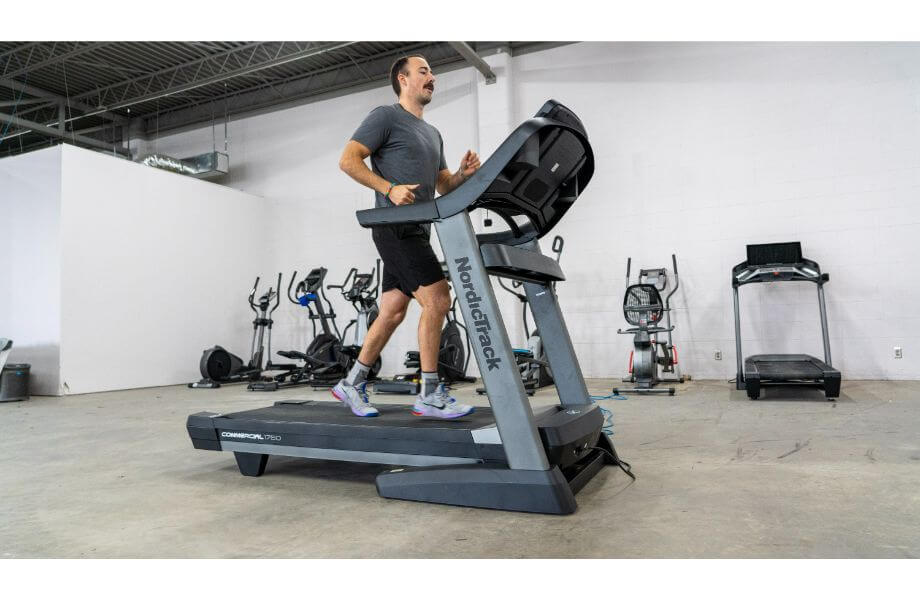Staying on top of your hydration is important as a runner. It seems simple—drink some water, right?— but it can be easy to overlook your hydration needs due to the many variables involved during training runs or race day. A proper hydration strategy maximizes your performance and keeps your overall health in check. It minimizes cramping, regulates body temperature, and improves your recovery time1.
Nailing your hydration strategy requires you to understand some basic principles. In this article on hydration for runners, we’ll help you nail down your hydration plan, no matter the distance and conditions. Just know, it may take some trial and error to truly understand your body and preferences. Here is the lowdown on hydration tips to help you dial in your fluid needs.
5 Hydration Options
There are various hydration options to maximize your running performance. Depending on your running time and intensity, you can incorporate some or all of them into your hydration strategy.
Water
Hydrating yourself with water is a no-brainer and is an easy option to offset dehydration. You do not need anything other than plain water for runs up to 60 minutes. In fact, research2 shows that taking a swig or two of icy water can help lower your core body temperature and thus positively impact your performance. We’ll get into just how much water to drink during your runs a little later.
If your runs exceed 60 minutes, are intense, or are conducted in the heat and humidity, you will probably need to mix some electrolytes into your water, similar to what you’d find in sports drinks.
Sports Drinks
During long runs, or if you sweat a lot, you’ll lose essential salts, which could result in lightheadedness and fatigue. Electrolytes3 are various minerals, such as sodium, potassium, magnesium, calcium, etc., that help maintain bodily functions and play an important role in muscle contraction, as well as improve cognitive function for better focus4.
Sports drinks, like Gatorade or Liquid IV, have electrolytes mixed in, as well as highly digestible carbs to help you maintain your efforts. (Running gels with electrolytes like GU or Honey Stinger, can also serve the purpose of replenishing lost salts due to sweating).
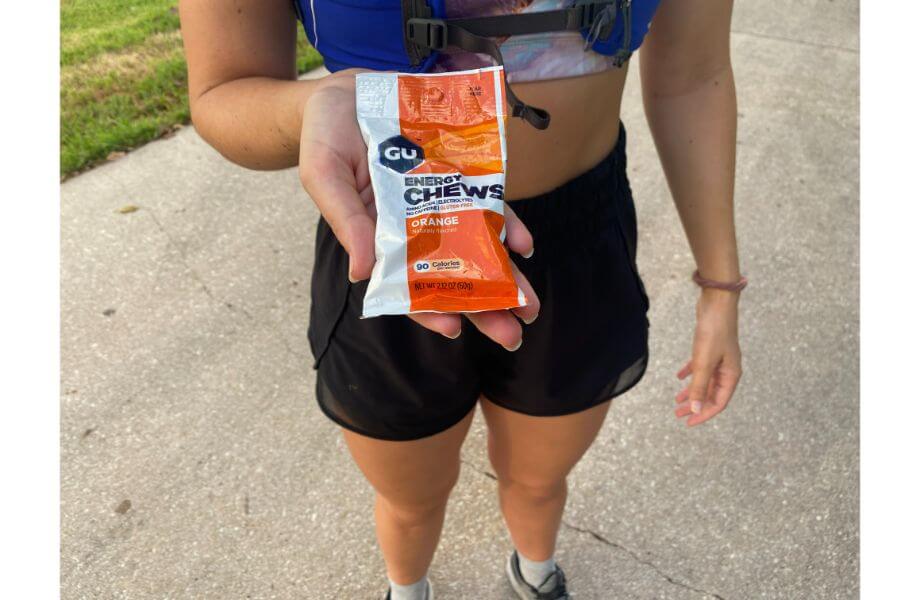
One study in the Journal of Athletic Training5 suggested that not taking electrolyte drinks can lead to detrimental performance during long runs. Not replenishing electrolytes during or right after your runs can also lead to hyponatremia6, a dangerous condition that can lead to low blood sodium concentration around cells when a sweating runner takes excessive water during runs without mixing it electrolytes.
Coconut Water
Coconut water is a safe option to replenish your electrolytes as it contains potassium, sodium, and magnesium. It also includes carbs in the form of natural sugars to boost energy during and after your run. However, it is not an alternative to sports drinks that contain a well-proportioned and more complex electrolyte mix.
Carbonated Drinks
Ingesting carbonated drinks like Coke while running is also a viable option to ward off dehydration. They provide a good combo of sugars for instant energy and a small amount of caffeine. The carbonation and/or caffeine may cause intestinal distress in some people, so test it during a training run before implementing it on race day.
Coffee
Many endurance athletes love to have a cup of joe before a race or a long training run. Caffeine is a diuretic, but it’s generally a misconception7 that it will dehydrate you. A cup of coffee can help you with performance. Not everyone can tolerate caffeine, so make sure you train your guts before you use it in races; otherwise, it may cause stomach upset.
How Much To Drink
Your hydration strategy will vary depending on your run duration, the intensity of the runs, and weather conditions. We discussed the various options for hydration. Now we will touch upon how much of what and when to drink. In addition to maintaining your fluid intake for the whole day, you should be deliberate about your hydration during your runs to maintain your efforts and support recovery later.
Before Your Run
Your hydration strategy should start hours before your training run or a race. Guidance from the American College of Sports Medicine8 (ACSM) is to drink 16 to 20 ounces of water four hours before exercise. It will help you hydrate well and keep your efforts up from the start. Urine turns pale yellow if your hydration is on point. You can also consider drinking coffee one to two hours before your run.

Before a run of any distance, drink six to eight ounces of water about 15 minutes before the start. If the weather is hot and you’re going on a long run, consider mixing electrolytes in it.
During Your Run
A general rule of thumb is to drink every 15 to 20 minutes. You should consider taking a handheld water bottle or a hydration pack, or ensure you have water spots like water fountains along your route. In order to know how much water to drink during your run, it’s helpful to measure your sweat rate. While an easy way to eyeball this is to know that if you lost weight during your run, you didn’t drink enough fluid, there is a more specific way to calculate it.
According to the CDC9, you can calculate your sweat rate by using the following formula:
Pre-exercise body weight (kg) – post-exercise body weight (kg) + fluid intake (ml) – urine volume/exercise time (hours)= sweat rate
So, for example, if you lost one kilogram (2.2 pounds) during your run, drank 500 ml (17 ounces), did not urinate, and ran for one hour, your replacement need would be approximately 50 ounces of water.
This calculation will help you determine how much fluid you need to intake during your run to prevent dehydration and promote optimal performance. In the example, 12.5 ounces of water every 15 minutes would suffice.
Keep the weather conditions in mind when you do your sweat test: Try doing it two to three times in various temperatures and humidity levels to understand your sweat loss better.
In hot or humid conditions, make sure to mix electrolytes in your water bottle or take salt tablet chews to help prevent muscle cramping and fatigue. Do not drink too much water at once, or it will be sloshing around in your stomach and can potentially cause overhydration.
After Your Run
Your hydration strategy after your run will impact how quickly you recover. If your water intake during your run is not up to the mark, you will feel its effects, so make sure to assess your hydration status quickly post-run.
According to the ACSM’s hydration guidelines10, fluid replacement after exercise should be 1.5 liters fluid for each kilogram of body weight lost.
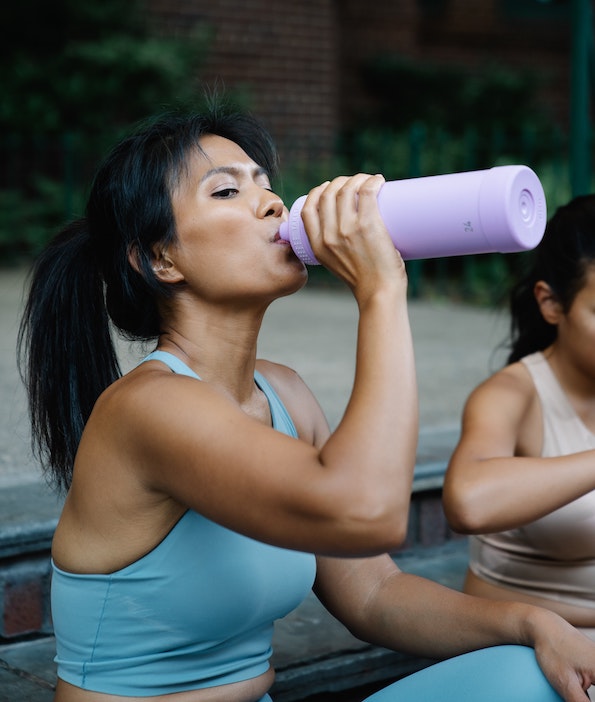
So, if you lost .5 kilograms (1.1 pounds) during your workout, you should consume 1.5 liters (approx. 50 ounces) of water in the two hours after exercise. Keep hydrating until your urine turns light yellow.
Especially if you took a long run, consider fruit juice as a supplement to plain water to boost your glycogen levels and help expedite recovery.
Signs of Dehydration
Water in your body plays a vital role in the proper functioning of various organs, moving nutrients around cells, muscle functioning, removing wastes, etc. When the adequate supply of fluid intake is lacking, your body suffers a setback in performance. In extreme situations, it can lead to some organ failure and even death. According to research11, dehydration of even one to two percent of body weight begins to compromise physiological function and negatively influences performance in athletes.
Human bodies are pretty intelligent in determining their fluid needs. There are a few early signs of dehydration that you should watch out for, including.
- Thirst
- Feeling dizzy/lightheaded
- Decrease in energy
- Dry mouth, lips, and eyes
- Dark yellow urine
- Muscle cramps
- Heat stroke
- Nausea
- Elevated heart rate
Signs of Overhydration
The flip side of dehydration is overhydration. Endurance athletes can risk overhydration if they drink lots of fluid during their workouts, especially without replacing lost electrolytes. Ingesting too much water results in low sodium levels in your blood and an electrolyte imbalance around cells. If you calculated your sweat rate, you’ll know roughly how much fluid your body requires during a run, so keep that in mind to prevent drinking too much.
In rare cases, overhydration can lead to a dangerous condition known as hyponatremia when the water intake is not supplemented with electrolytes, as discussed earlier. Seek a medical professional if you find any signs of overhydration as below:
- Nausea
- Vomiting
- Headaches
- Confusion
- Gastrointestinal distress
Hydration for Runners: Final Thoughts
Hydration during your runs doesn’t have to be complicated, but it shouldn’t be overlooked.
- Let your thirst dictate your fluid needs during the day.
- Drink about 18 to 20 ounces of water two hours before your run, and keep hydrating with fluids every 15 to 20 minutes during your run based on your unique sweat rate.
- Consume electrolytes for workouts that exceed an hour, and in hot and humid weather conditions.
- Watch out for signs of dehydration and overhydration.
Hydration for Runners: Q&A
What do runners use for hydration?
The majority of runners use plain water for runs lasting around an hour. You can mix electrolytes and salt tablets in plain water if your runs extend over an hour. You can also use sports drinks, which have carbohydrates (aka sugars) and salts in them, to hydrate and replenish energy stores.
How often should a runner drink water?
Throughout the day, drink to thirst—your urine should be pale yellow. About two hours before your run, drink 18 to 20 ounces of water, then every 15 to 20 minutes during a run drink fluids as well (the amount should be based on your sweat rate).
Should you hydrate while running?
Yes, you should hydrate yourself during your runs using either plain water, or sports drinks if your run is longer. Consider carrying a handheld water bottle or wearing a running vest to make things easier.
References
- Better Health Channel. Exercise: The Low-Down on Hydration. https://www.betterhealth.vic.gov.au/health/healthyliving/Exercise-the-low-down-on-water-and-drinks
- Tan, P.M.S. and Lee, J.K.W. (2015), Fluid temperature and form on endurance. Scand J Med Sci Sports, 25: 39-51. https://doi.org/10.1111/sms.12366
- Cleveland Clinic. Electrolytes. https://my.clevelandclinic.org/health/diagnostics/21790-electrolytes
- Cousins AL, Young HA, Thomas AG, Benton D. The Effect of Hypo-Hydration on Mood and Cognition Is Influenced by Electrolyte in a Drink and Its Colour: A Randomised Trial. Nutrients. 2019 Aug 24;11(9):2002. doi: 10.3390/nu11092002. PMID: 31450591; PMCID: PMC6769552.
- O’Neal EK, Wingo JE, Richardson MT, Leeper JD, Neggers YH, Bishop PA. Half-marathon and full-marathon runners’ hydration practices and perceptions. J Athl Train. 2011 Nov-Dec;46(6):581-91. doi: 10.4085/1062-6050-46.6.581. PMID: 22488182; PMCID: PMC3418934.
- National Kidney Foundation. Hyponatremia. https://www.kidney.org/atoz/content/hyponatremia#:~:text=Hyponatremia%20means%20that%20the%20sodium,goes%20below%20135%20mEq%2FL.
- Killer SC, Blannin AK, Jeukendrup AE. No evidence of dehydration with moderate daily coffee intake: a counterbalanced cross-over study in a free-living population. PLoS One. 2014 Jan 9;9(1):e84154. doi: 10.1371/journal.pone.0084154. PMID: 24416202; PMCID: PMC3886980.
- Roy, Brad A. Ph.D., FACSM, FACHE. Exercise and Fluid Replacement: Brought to you by the American College of Sports Medicine www.acsm.org. ACSM’s Health & Fitness Journal: July/August 2013 – Volume 17 – Issue 4 – p 3 doi: 10.1249/FIT.0b013e318296bc4b
- Centers for Disease Control. Sweat Rate Calculation. https://www.cdc.gov/nceh/hsb/extreme/Heat_Illness/Sweat%20Rate%20Calculation.pdf
- Exercise and Fluid Replacement. Medicine & Science in Sports & Exercise: February 2007 – Volume 39 – Issue 2 – p 377-390. doi: 10.1249/mss.0b013e31802ca597
- https://www.kon.org/urc/v10/athletic-training/decker.html




